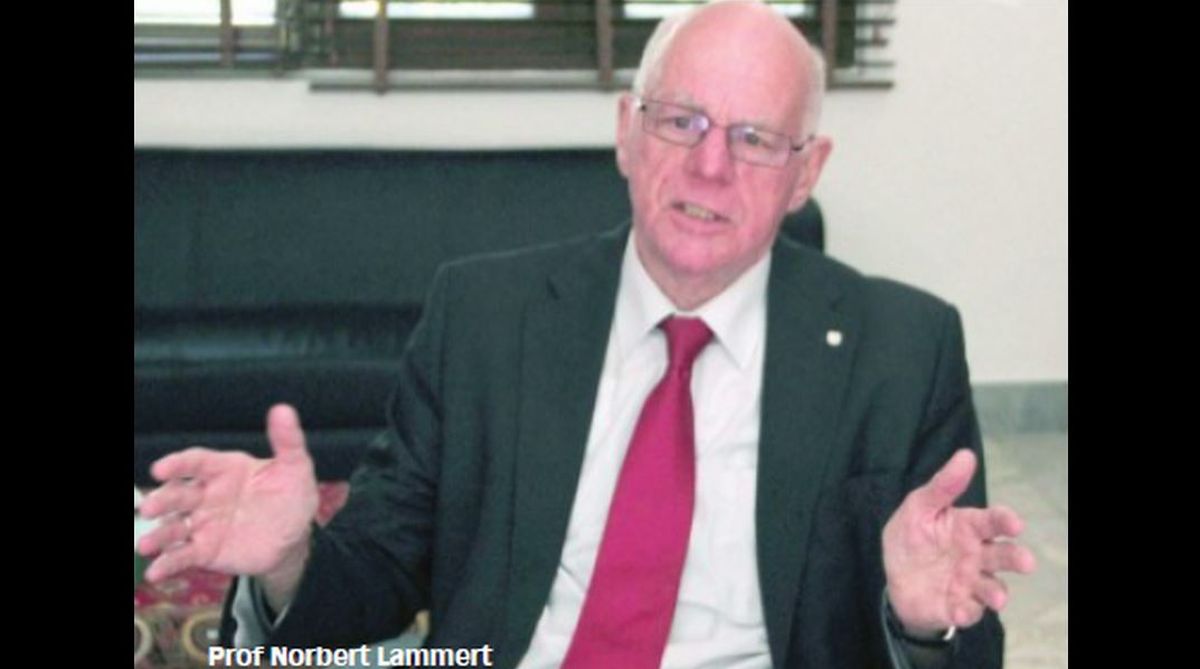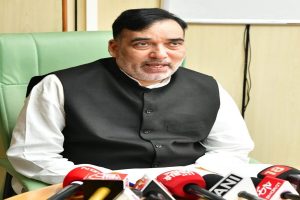Democracies across the world, including in India and Germany, face both internal and external challenges and, therefore, they need to keep exchanging their experiences, former President of the German Parliament (Bundestag) Prof Norbert Lammert said here on Wednesday.
‘’There is not only an external challenge to democracies in terms of globalisation but also the internal challenge of erosion of democratic structures and processes,’’ he said delivering an address on ‘’Democracy in Times of Globalisation: Challenges Ahead’’.
The address was organised by Konrad Adenauer Stiftung, a leading German political foundation of which Lammert is the Chairman. Minister of State (Independent Charge) for Housing and Urban Affairs Hardeep Singh Puri presented the Indian perspective on democracy at the lecture, moderated by Editor of The Statesman Ravindra Kumar.
Dr Lammert regretted that for a vast majority of people, democracy was still out of reach since they have not witnessed free elections. There were also countries where democracy has failed to flourish not because of generals or dictators but because of the challenges faced by these nations, he added.
Dr Lammert, who was the President of Bundestag from 2005-2017, said Germany had never ever tried to extend its own model of democracy to any other nation. Each country has to establish democracy based on its own historical experiences and culture. However, his country was ready to share its own experiences with other nations, he added.
When a questioner asked him how he could support China’s Belt and Road Initiative (BRI) which impinged on the sovereignty of another country (India), Dr Lammert clarified that the initiative obviously was not a challenge for Europe and Beijing was undertaking the project primarily keeping its own interest in mind. He said he was a bit surprised how so many countries, including those in Europe, had agreed to participate in BRI without even properly evaluating the project’s benefits for them.
Puri, in his address, said democracy in India was here to stay, notwithstanding the challenges both from within and outside. He was also critical of the UN system, wondering why G-4 countries (India, Germany, Japan and Brazil) should not be included in the Security Council.












